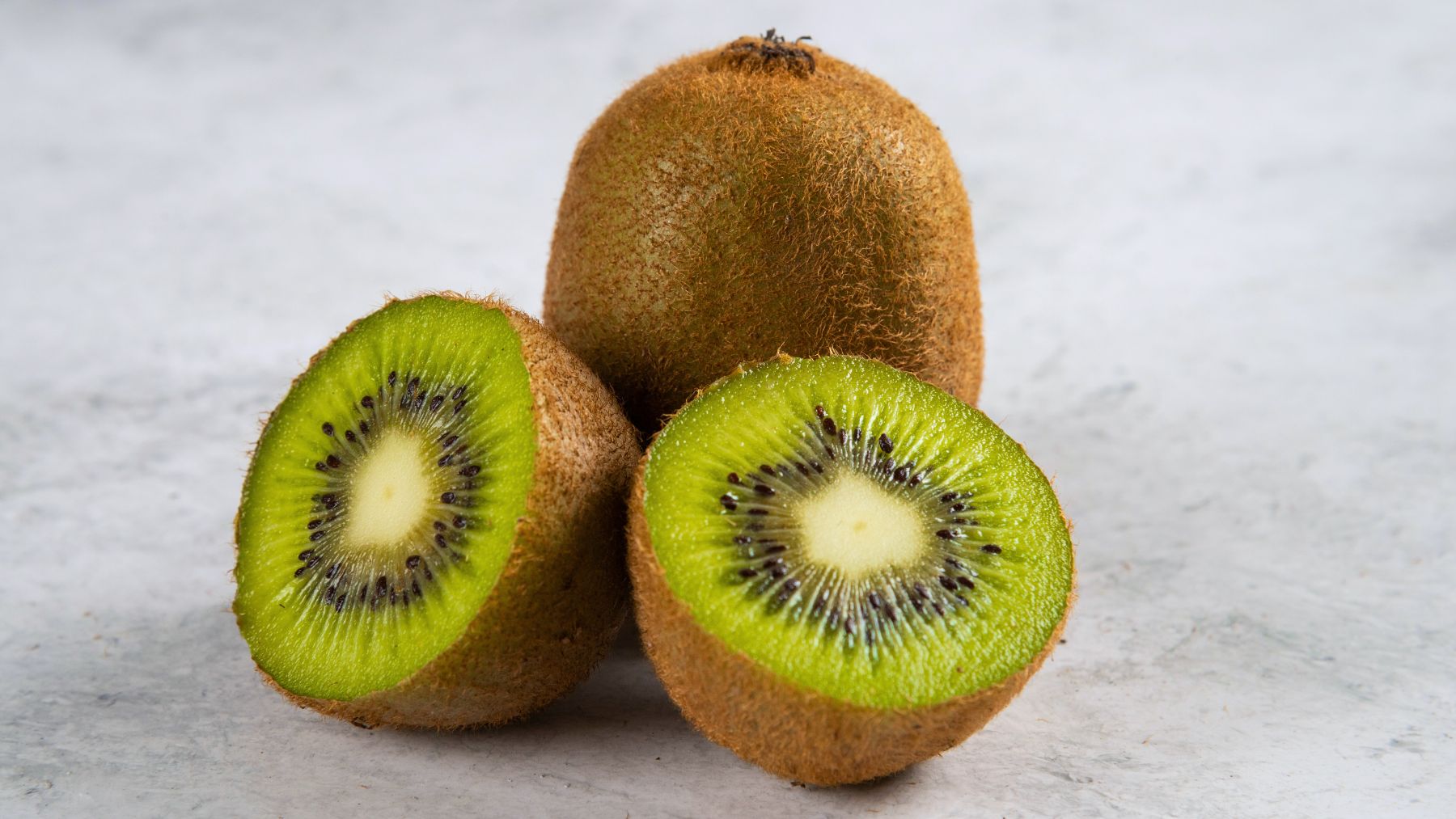Elite athletes spend as much energy on recovery as they do on training. Sleep is one of the biggest factors in performance, yet many athletes struggle with poor sleep quality, frequent awakenings, and lingering stress. A new study has found that a kiwifruit could make a measurable impact on this situation.
Research funded by the National Institutes of Health and published in the Nutrients journal examined whether eating kiwifruit before bed could improve sleep and recovery in elite athletes. Here, we’ll look at what the study found, how kiwifruit affects circadian rhythm and recovery stress balance, and what else athletes can do to optimize recovery.
Eating kiwis before bed improves sleep and recovery
The study, led by researchers including Rónán Doherty and Sharon Madigan, followed a group of elite athletes over several weeks. At baseline, their sleep and stress were assessed through questionnaires and daily sleep diaries. For the intervention, each participant ate two medium-sized green kiwifruit (Actinidia deliciosa) one hour before bedtime for four weeks.
Athletes reported better sleep quality on the Pittsburgh Sleep Quality Index, longer total sleep time, and higher sleep efficiency. There were also fewer nighttime awakenings and less time spent awake after initially falling asleep. These changes pointed to deeper, more restorative rest.
But the benefits went beyond sleep duration. Both general stress and sport-specific stress levels dropped over the intervention period. For athletes, this balance is critical, as chronic stress and inadequate recovery can impair training adaptations, weaken the immune system, and raise the risk of injury.
The researchers pointed to melatonin as one of the key factors. Kiwifruit naturally contains this hormone, important for regulating circadian rhythm. It also provides antioxidants, vitamin C, and serotonin precursors, which may contribute to better sleep regulation and reduced oxidative stress from intense training.
Taken together, the findings suggest that kiwifruit can be used as a “food first” approach to enhance recovery, without relying solely on supplements or pharmacological aids. For elite athletes constantly looking for marginal gains, a small dietary addition like this can impact long-term performance.
Other ways athletes can improve recovery
Nutrition is just one piece of the recovery puzzle for athletes. They can adopt other evidence-based strategies to improve rest and reduce injury risk.
- Prioritize consistent sleep schedules. Going to bed and waking up at the same time helps regulate circadian rhythm and improves sleep efficiency.
- Limit screen exposure before bed. Blue light from phones and laptops suppresses melatonin and delays sleep onset.
- Stay hydrated. Even mild dehydration can increase perceived fatigue and muscle soreness.
- Balance macronutrients. Adequate protein supports muscle repair, while carbohydrates replenish glycogen depleted during training.
- Include recovery modalities wisely. Cold water immersion, compression garments, and massage can aid muscle recovery but work best when paired with quality sleep.
- Manage psychological stress. Mindfulness, relaxation breathing, and mental skills training help reduce performance anxiety and improve emotional recovery.
The study shows that eating two kiwis before bedtime can improve sleep quality and recovery in elite athletes. For those who already monitor training loads, track heart rate variability, and fine-tune nutrition, adding a fruit rich in melatonin and antioxidants may be a natural step toward better rest.

